There is a unique magic to traveling alone, a sense of liberation that comes from being the sole architect of your journey. The world unfolds on your terms, at your pace. You can follow a whim down a hidden alley, spend an entire afternoon in a single gallery, or simply sit in a plaza and watch life happen. It is a deeply personal and often transformative experience, a conversation between you and a new place, uninterrupted. However, this unparalleled freedom is paired with a heightened sense of responsibility. Your safety, enjoyment, and well-being rest entirely in your own hands. This makes thorough preparation not just a recommendation, but the very foundation of a successful and rewarding solo adventure.
The first and most crucial step begins long before you ever set foot on a plane, train, or bus. It starts with research. This goes beyond simply picking a destination and booking a hotel. Immerse yourself in understanding your chosen location. Read recent travel blogs and forums to get a sense of the current atmosphere. What are the common scams targeting tourists? Which neighborhoods have a reputation for being less safe, especially after dark? Government travel advisory websites offer invaluable, up-to-date information on political climates, health concerns, and areas to avoid. Knowledge is your primary shield. Understanding local customs and cultural norms is equally important. In some countries, certain styles of dress are not just respectful but expected. Knowing a few key phrases in the local language—hello, please, thank you, and help—can bridge gaps and show respect, often leading to more positive interactions.
Once you have a destination in mind, the practicalities of planning take center stage. Share your itinerary with someone you trust back home. This should be a detailed document including flight numbers, hotel names and addresses, and a rough outline of your plans for each day. Schedule regular check-in times via email, messaging apps, or a quick phone call. This creates a safety net; if you fail to check in, someone will know to raise the alarm. When booking accommodation, prioritize safety over saving a few dollars. Read recent reviews meticulously, paying specific attention to comments about security, the neighborhood, and the experiences of other solo travelers. A well-lit hostel with 24-hour reception and lockers is far superior to a cheaper, poorly reviewed hotel in a remote area.
Packing is an art form for the solo traveler. The goal is to be light, organized, and self-reliant. Choose a versatile wardrobe with layers that can be mixed and matched. A sturdy, comfortable pair of walking shoes is non-negotiable. Your first-aid kit should include basics like bandages, antiseptic wipes, pain relievers, and any personal prescription medications. Make digital and physical copies of all your important documents—passport, visa, driver’s license, travel insurance, and credit cards. Store the physical copies separately from the originals, and keep digital copies secure in your email or a cloud service. This simple step can save immense hassle if your belongings are lost or stolen.
The moment you arrive in a new city, your situational awareness must become your most trusted companion. This does not mean being paranoid, but rather being present and observant. When you step out of the airport or train station, project confidence. Walk with purpose, even if you are unsure of the direction. If you need to check a map, duck into a cafe or shop rather than standing conspicuously on a street corner. Be wary of distractions, which are often a setup for theft. Someone spilling a drink on you or creating a commotion might be working with a partner who is picking your pocket. Keep your valuables secure and out of sight, preferably in a cross-body bag or a money belt worn under your clothes.
Navigating a new place requires a blend of planning and intuition. While having a general plan for the day is wise, remain flexible. Trust your instincts above all else. If a street feels wrong, turn around. If a situation or person makes you uncomfortable, remove yourself from it immediately. You owe no one an explanation for prioritizing your safety. When using public transportation, try to learn the system during daylight hours. Sit near the driver or in carriages with other people. At night, consider using a reputable ride-sharing service or taxi, ensuring you check the driver's identity and license plate before getting in.
One of the great joys of solo travel is the potential for meeting new people. Hostel common rooms, group tours, cooking classes, and even a friendly smile at a coffee shop can lead to wonderful connections. However, a degree of caution is essential. Be open, but not naive. Avoid sharing too many personal details too quickly, like your exact accommodation or full travel plans. When meeting someone new, suggest meeting in a public, well-populated place. Most importantly, never feel pressured to do anything you are not comfortable with. Your intuition is a powerful tool; if something feels off, it probably is. It is perfectly okay to be politely assertive and remove yourself from any situation.
Your health is your wealth on the road. Staying physically well ensures you can enjoy your trip to the fullest. Be mindful of what you eat and drink. Stick to bottled water in regions where tap water is questionable, and be cautious with street food—observe if the vendor is busy and the food is cooked fresh and served hot. Do not push yourself to the point of exhaustion. It is easy to fall into the trap of feeling you must see and do everything, but fatigue can cloud your judgment and make you vulnerable. Schedule downtime. Allow yourself an afternoon to read in a park or simply relax. Listen to your body.
Despite the best-laid plans, things can sometimes go wrong. This is where your preparation truly pays off. If you fall victim to theft, contact local authorities to file a report immediately. Then, use your copies of documents to contact your bank and embassy. Having comprehensive travel insurance is critical here; it can cover medical emergencies, trip cancellations, and stolen goods. In case of a medical issue, know the location of the nearest clinic or hospital. A simple first-aid kit can handle minor scrapes, but do not hesitate to seek professional help for more serious concerns. Remember, asking for help is a sign of strength, not weakness.
Ultimately, solo travel is a profound journey of self-discovery. It teaches resilience, problem-solving, and independence in a way few other experiences can. The challenges you overcome and the decisions you make for yourself build a deep and lasting confidence. By making safety a mindful and integrated part of your adventure, rather than a source of fear, you free yourself to fully embrace the incredible experiences that await. You learn to trust yourself, to navigate the unfamiliar, and to find joy in your own company. The world is vast and filled with wonder, and exploring it on your own terms is one of life's greatest privileges. Go forth with curiosity, with respect, and with the confidence that you are prepared.

By /Aug 22, 2025
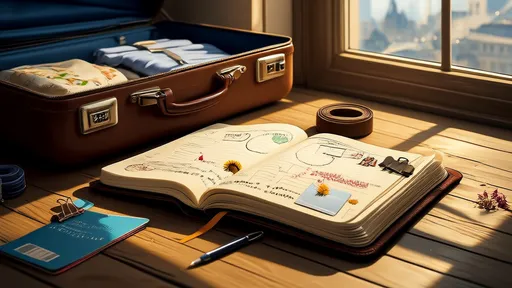
By /Aug 22, 2025
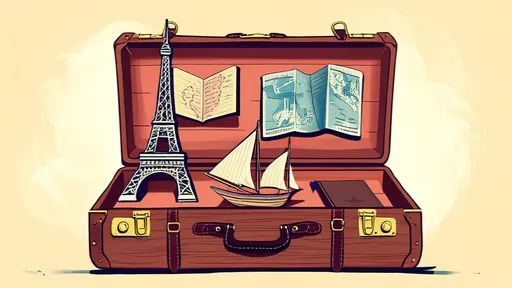
By /Aug 22, 2025
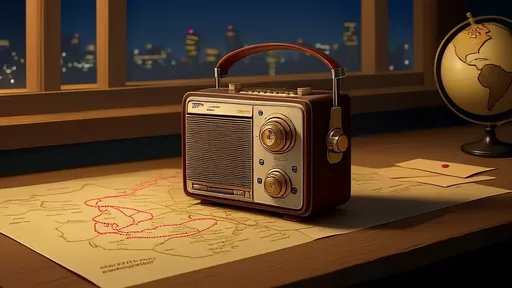
By /Aug 22, 2025
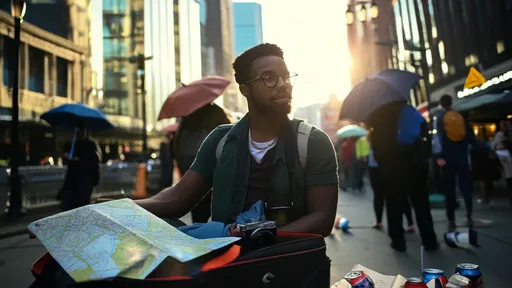
By /Aug 22, 2025

By /Aug 22, 2025
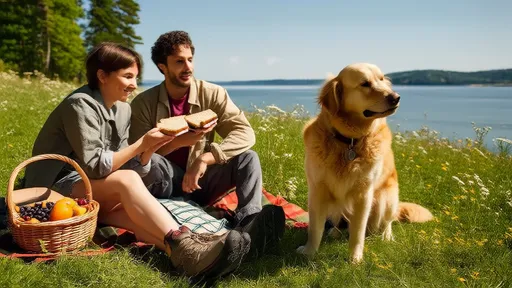
By /Aug 22, 2025
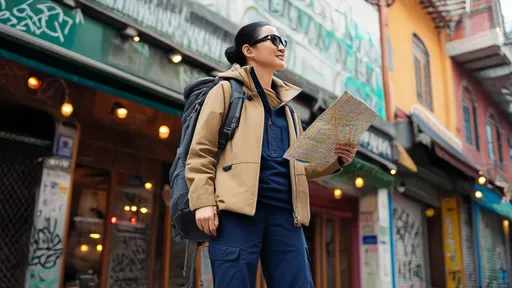
By /Aug 22, 2025
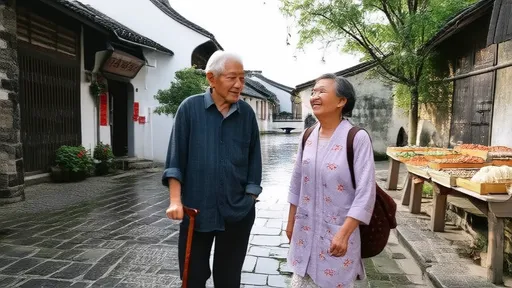
By /Aug 22, 2025
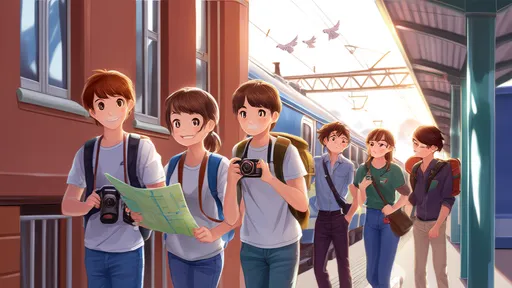
By /Aug 22, 2025

By /Aug 22, 2025

By /Aug 22, 2025

By /Aug 22, 2025

By /Aug 22, 2025

By /Aug 22, 2025
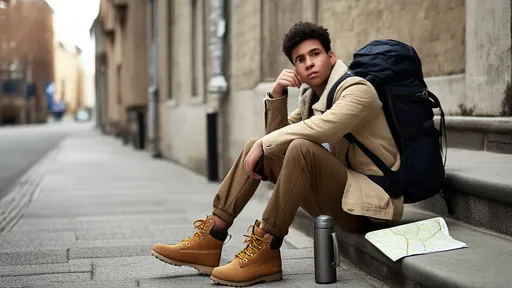
By /Aug 22, 2025

By /Aug 22, 2025
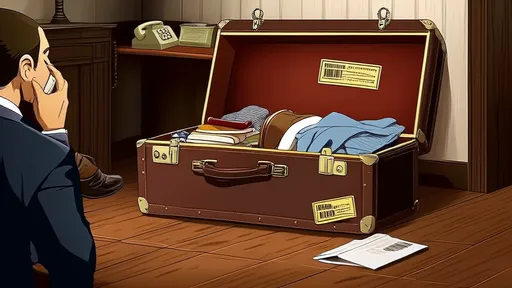
By /Aug 22, 2025
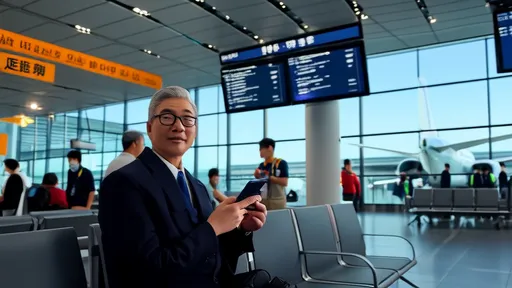
By /Aug 22, 2025

By /Aug 22, 2025